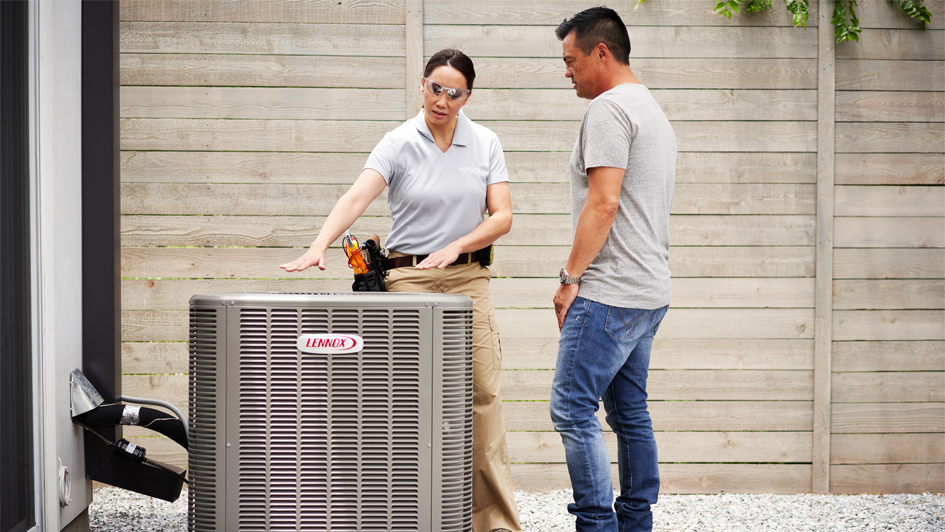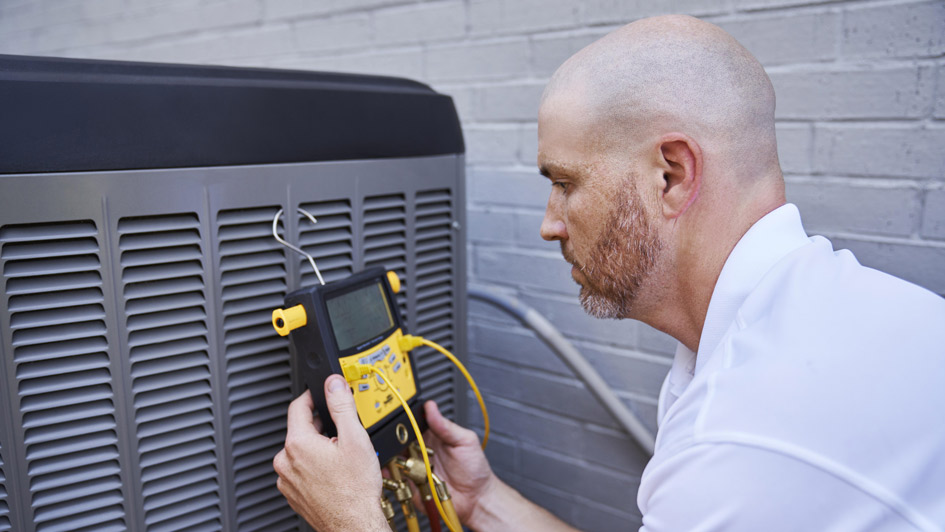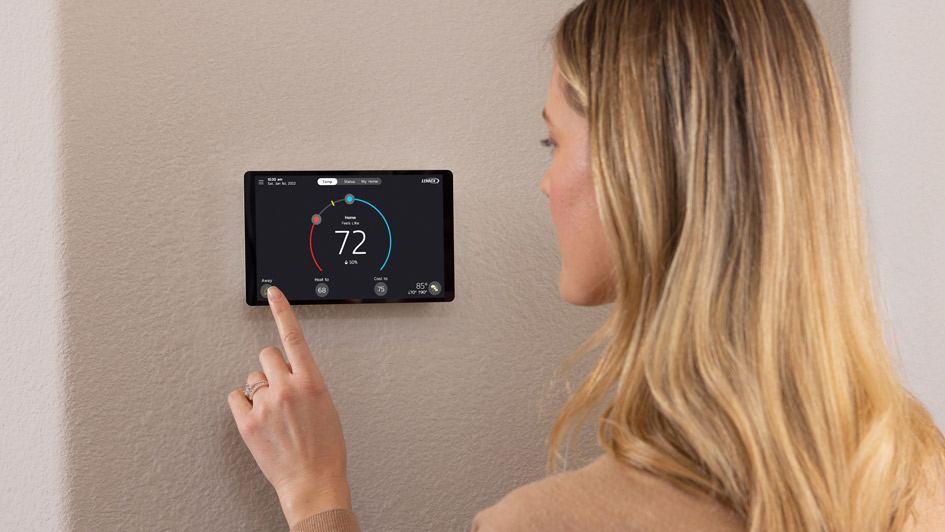Blog
Serving York and These Areas
About Strine's Heating & Air Conditioning
At Strine's Heating & Air Conditioning, making your home comfortable is our highest concern. That’s why we supply dependable HVAC solutions and excellent work in York. Our techs are skilled in a complete variety of services, so you can feel confident in your results. They’ll give the support you are seeking, whether it’s adding an updated HVAC system or repairing and tuning up your current unit. We’re available to help with all of your needs, so ring us at 717-383-4479 or contact us online to schedule an appointment today.
Strine's Heating & Air Conditioning
1549 Coffee Mill Ln
York, PA 17406
Phone: 717-383-4479
Email: [email protected]
License # PA 005217
© 2025 Strine's | All rights reserved







